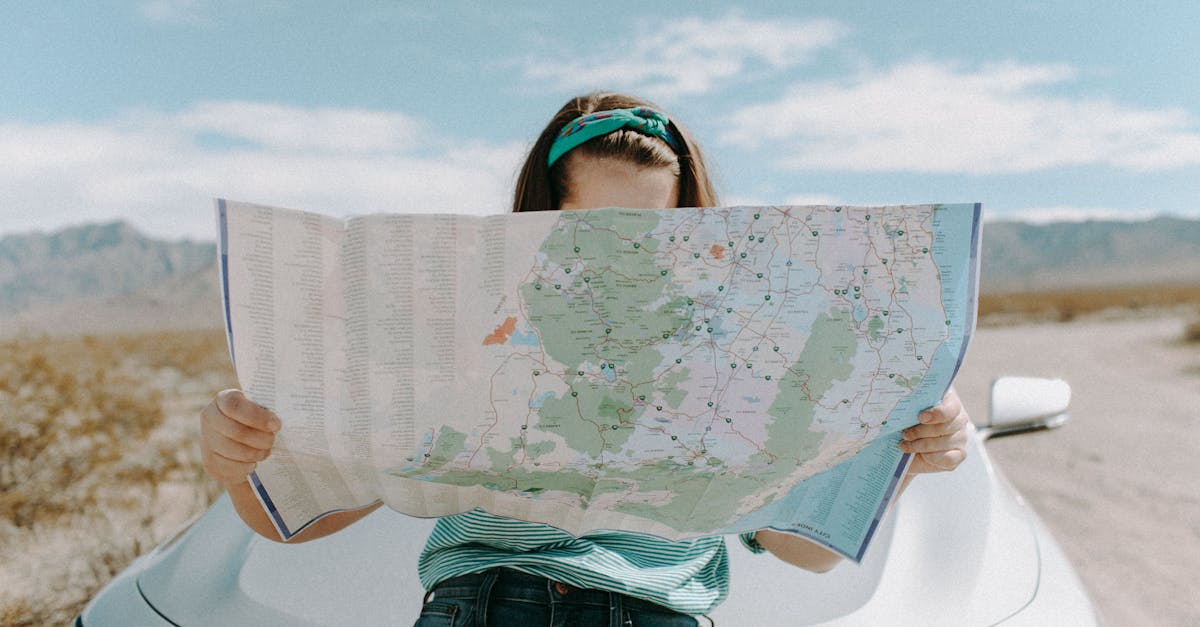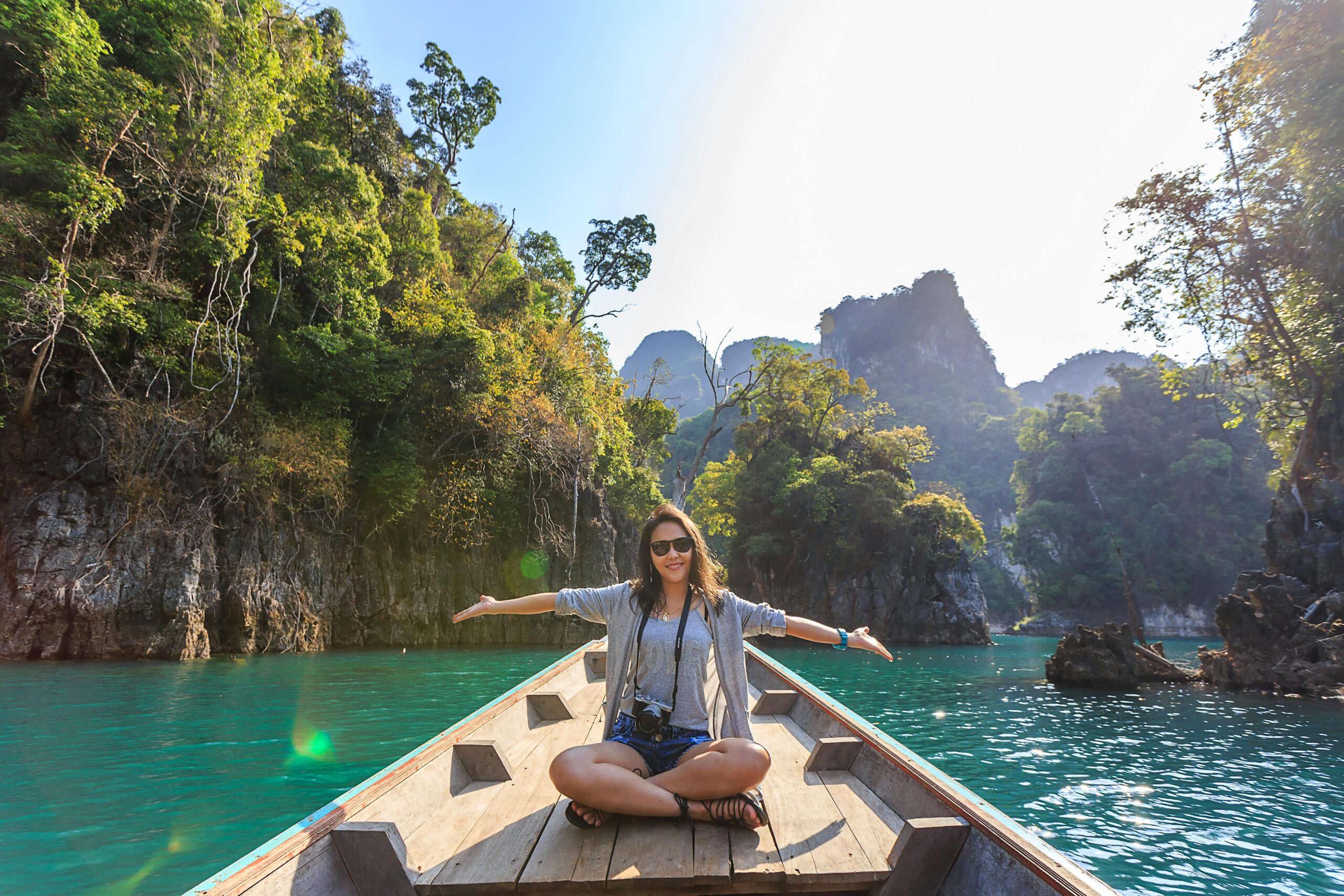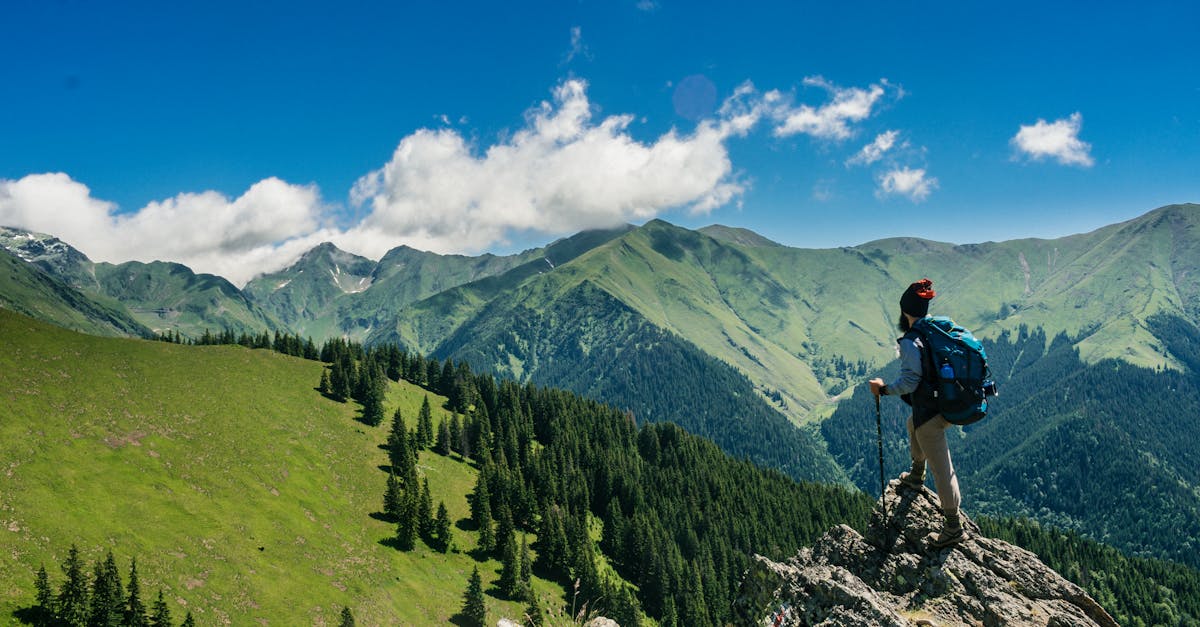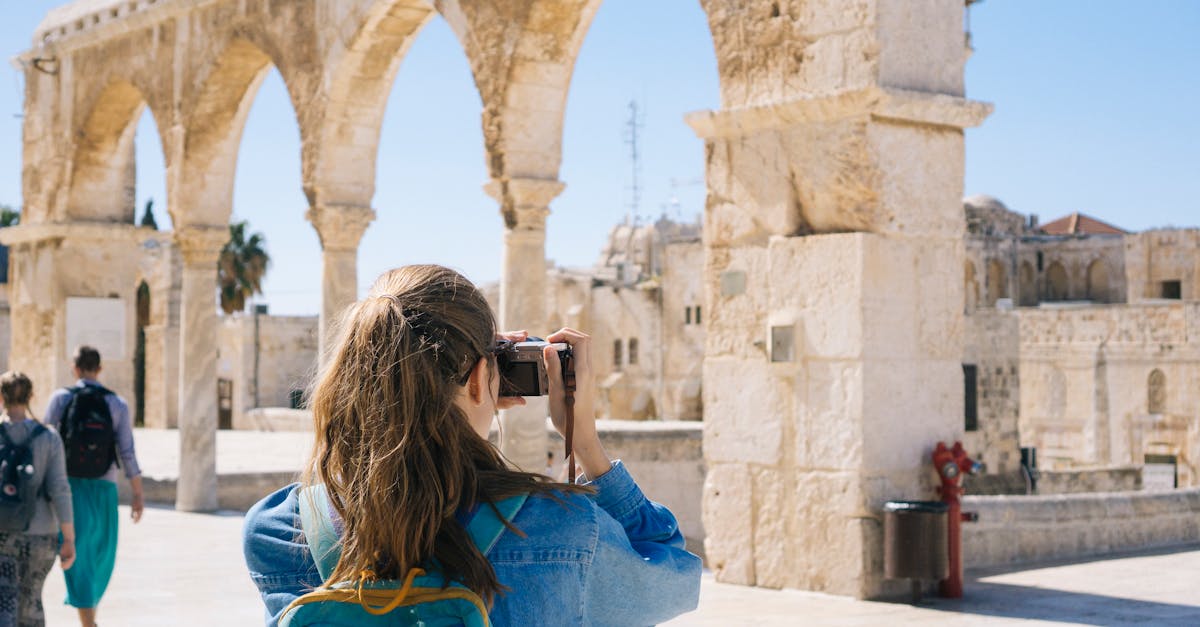Travelling in 2025 is easier and more exciting than ever. With smart tools, better connectivity and a global interest in safer experiences, more people are setting off to places they once only dreamed of. If you’re looking for a travel guide for first time traveller, or just searching for useful things to know before you travel, this is a great place to begin. Whether you’re heading out for a short break or a long adventure, having a few solid travelling tips can make your trip smoother.
First-time travellers often feel unsure about where to start. The good news is that the basics have not changed much over the years. What has changed is how we access information and what we expect when we travel. This guide helps make sense of the new tools, better planning methods and what you need to keep in mind before boarding that flight or train. With a little effort, even the most uncertain traveller can feel well prepared.
The best guide in 2025 doesn’t only tell you where to go. It helps you make choices based on your goals, comfort level, and time. Whether you’re a solo traveller or planning with family, the same basics apply. Know your options, keep things flexible, and use tools that help rather than confuse.
This year, travel trends show more interest in slower trips, cultural experiences, and practical planning. Rather than rushing through cities or ticking off tourist spots, many now look for deeper moments, local food, and friendly encounters. That’s why having the right plan matters more than ever.
Choosing the Right Tools in 2025
One of the most useful tools today is your mobile phone. It holds your maps, bookings, language help and more. The best travel guide now comes in the form of smart apps and local content. Still, too many apps can be confusing. Pick one or two good ones for maps, one for weather, and one for local reviews. Keep it simple.
Before leaving, download the apps you might need so they work offline too. Many places still have weak connections, so plan. Google Maps, for example, works offline when you save locations beforehand. This is handy in remote areas or while saving data.
Language help is another big win for travellers. In 2025, real-time translation is far more reliable than before. Whether you’re asking for food advice or finding a bus stop, tools like voice translators help you stay calm and get what you need. You don’t need to speak the local language perfectly, but showing effort matters.
Budget tools are also better now. Set daily limits, track your spending and compare costs before buying. With contactless payments accepted in most places, carrying cash is less important. Still, having a small amount of local money helps when cards don’t work or you’re in a remote spot.
Safety, Health and Smart Packing
Health and safety always sit at the top of the list when you travel. In 2025, this means more than just avoiding illness. Travel insurance has become smarter, too, with real-time health updates and support built in. Always check if your policy covers cancellations, hospital stays and missed connections.
Pack light, but smart. Many travellers now bring only carry-on luggage to avoid airport queues and lost baggage. Use packing cubes to keep things tidy, and roll clothes instead of folding. Stick to clothes that work in more than one setting, such as walking, dining or city touring.
Bring a small medical kit. Even with nearby pharmacies, having pain relief, plasters, and allergy tablets can save time and stress. Also, check vaccine rules in your target country before you fly. Not all countries have the same health rules, and it’s best to sort that well in advance.
Always take a power bank. Your phone is your map, camera, booking folder and emergency contact. A dead battery in the wrong place can cause panic. Charge it at night, and carry a plug adapter if your destination uses a different socket.
Local Culture, Food and Language Tips
Every good traveller shows respect. Even if you don’t speak the local language, try to learn a few key words like “hello”, “thank you” and “how much”. These small efforts often lead to smiles and better help. Locals notice when you try, and it builds trust.
Food is a key part of any journey. Rather than sticking to fast food, try local spots where families eat. Use review apps to spot good places, or simply follow locals and see where they eat. Street food can be some of the best meals, but check that it’s hot and freshly made.
Dress in a way that fits local customs. This doesn’t mean giving up your style. It means thinking about where you are. In some places, covering your shoulders or wearing longer trousers can show respect. It also helps you blend in and avoid unwanted attention.
Ask questions. Locals know more than any travel book or guide. Ask hotel staff for tips, chat with shop owners or drivers. They often know hidden places worth seeing, which don’t show up on typical searches. This gives you stories you’ll remember far longer than any photo.
Making the Most of Your Time
Time is your biggest resource when you travel. Rushing from one place to another can make the trip feel like work. Focus on fewer places and spend more time in each. You’ll understand them better, and you won’t feel worn out.
Morning is often the best time to see popular spots. Crowds are smaller, and the light is good for photos. If you enjoy peace, wake early and head out before others do. Save busy spots for weekdays if possible, as weekends bring bigger crowds.
Keep one or two days free of plans. This gives you time to rest or change direction. Sometimes the best parts of travel happen when plans fail or new chances come up. Leaving space for this gives you a more relaxed trip.
Use public transport when you can. It’s often cheaper and gives you a better feel for daily life in a place. Learn the basic route before leaving the hotel, and check times in advance. Buses and trains give you more views than taxis or hired cars.
Travel in Groups or Solo?
Both group and solo travel have their strengths. Groups can be safer and more social, but may also bring delays or limits. Solo travel gives full freedom but needs more planning, especially in new or remote areas. In 2025, both will be easier with better tools.
If you’re on your own, share your plans with someone at home. Use location sharing if you feel unsure, and check in every day. Join local group tours if you want company without full group travel. These often last a few hours and can lead to new friends.
In groups, make sure you all agree on basic plans. Talk about your main goals before setting off. This stops stress and helps avoid conflict on the road. Choose one person to manage bookings or share duties like meal plans and route checks.
Either way, keep an open mind. You may meet new people along the way who change your plans for the better. Some of the best parts of travel come from these chance meetings.
Digital Travel vs Real-Life Moments
One trap many fall into is spending more time on phones than on the trip itself. In 2025, it’s easy to record every moment, post updates and scroll through suggestions. This has value, but it can also steal your time. Try to limit screen use and be more present.
Take photos, but also look up and soak in the place. Keep your phone away during meals or when talking with locals. Memories grow stronger when you give full attention to the moment.
Travel blogs and videos can help you pick places, but don’t let them set your full plan. The best spots are often found by walking, asking, or simply following your curiosity.
It helps to keep a small paper notebook. Write quick notes, thoughts or sketch what you see. These notes often become more personal than photos and help you recall the feelings of the place.
Conclusion: Simple Steps Make the Best Trips
The best travel guide in 2025 is one that helps you feel ready, not overwhelmed. For the first time traveller, it offers clear steps and builds your confidence. For those who’ve travelled before, it brings new ideas that keep the trip fresh and fun.
By focusing on smart planning, local respect, and the joy of slow travel, every trip becomes more than just a holiday. It turns into a series of real experiences, built on curiosity and open eyes. Keep your plans light, your phone charged, and your mind open.
Whether you’re off for a weekend or circling the globe, small habits bring the best results. Remember the key things to know before you travel, use a few trusted travelling tips, and enjoy the path ahead. The world still waits with open arms.







Leave a Reply